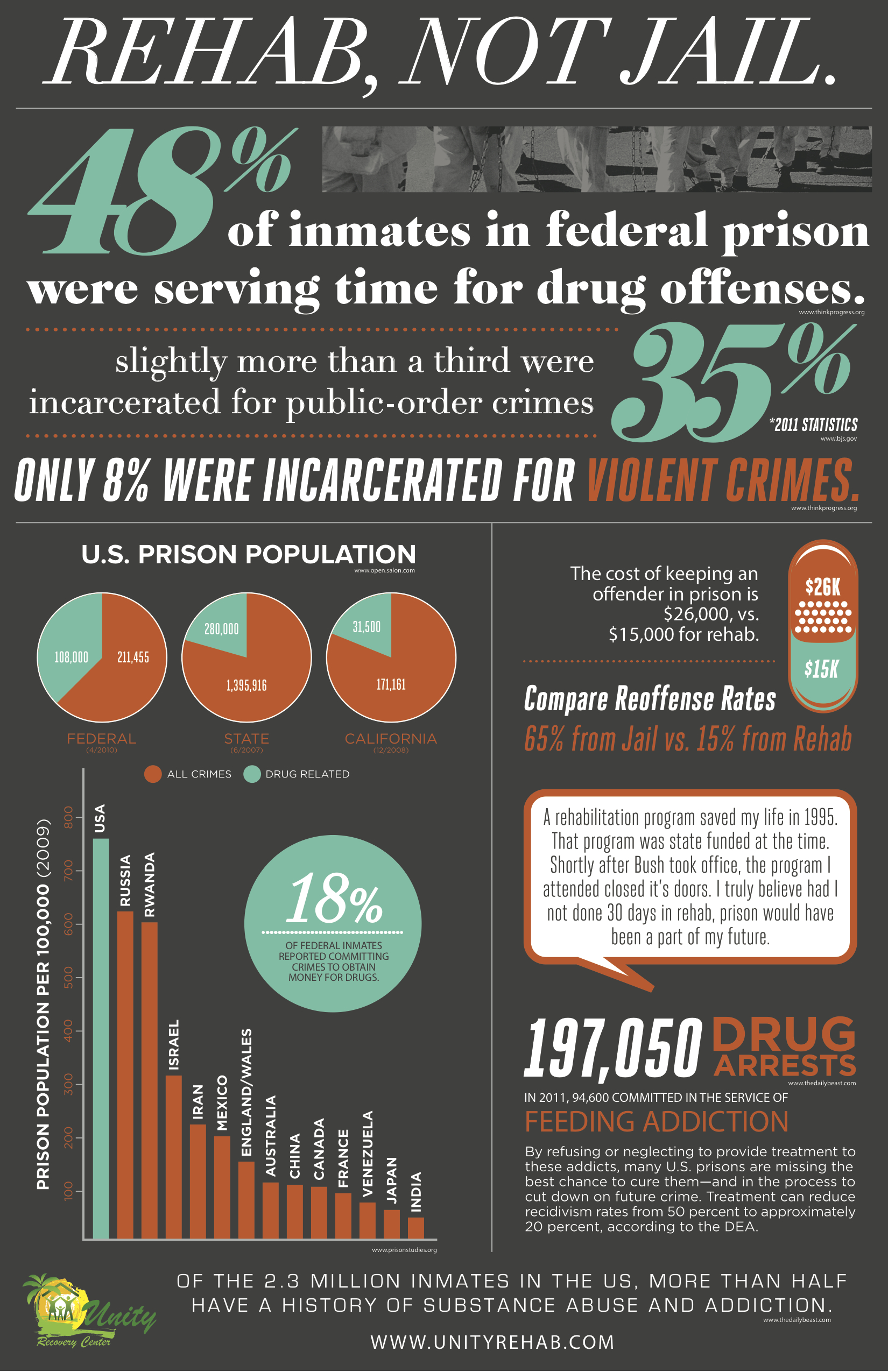Discover The Keys To Producing An Extensive Aftercare Method Complying With Drug Rehab And Lay The Foundation For Sustained Success
Discover The Keys To Producing An Extensive Aftercare Method Complying With Drug Rehab And Lay The Foundation For Sustained Success
Blog Article
Published By-Hjort Frazier
You have actually completed drug rehabilitation, and currently it's time to produce an effective aftercare strategy to guarantee your long-term recovery.
Image this: you're a person determined to remain clean and develop a meeting life. This article will direct you with identifying recurring support systems, incorporating therapy and therapy, and establishing healthy coping systems.
With these approaches, you'll be equipped to flourish in your journey of sobriety.
Allow's start.
Identifying Ongoing Support Equipments
You need to determine at least 3 ongoing support systems to ensure an effective recovery after drug rehabilitation.
The very first support group is your family and friends. They can supply emotional support, encouragement, and assist you stay responsible. They can likewise give a risk-free and understanding environment where you can share your struggles and triumphes.
The 2nd support group is your therapist or counselor. visit the next internet site can help you work through any kind of underlying issues that might have added to your dependency and supply support on how to prevent relapse. They can also educate you coping mechanisms and healthy and balanced ways to handle stress and anxiety.
The 3rd support system is a support system or a sober area. Being surrounded by others who are undergoing comparable experiences can be unbelievably beneficial. They can provide a sense of belonging, comprehending, and deal important recommendations and support.
Incorporating Therapy and Counseling
To accomplish a successful recovery, it is very important for you to actively participate in treatment and therapy sessions, in addition to integrate them right into your recurring support group. By doing so, you can make best use of the benefits of these therapy techniques and raise your possibilities of preserving long-lasting sobriety.
Below are some crucial reasons incorporating treatment and therapy right into your aftercare strategy is essential:
- ** Emotional Support: ** Therapy and therapy offer a secure space for you to share your thoughts, sensations, and has a hard time related to your addiction. It permits you to work through any kind of unsolved problems and develop healthy and balanced coping mechanisms.
- ** Fall back Prevention: ** These sessions outfit you with the necessary devices and techniques to stop relapse. They help you determine triggers, develop dealing abilities, and develop a strong foundation for taking care of cravings and anxiety.
- ** Personal Growth: ** Therapy and counseling help with personal development and self-discovery. They assist you gain insight right into the underlying reasons for your addiction, enhance self-esteem, and develop healthier partnerships.
Creating Healthy Coping Systems
Throughout therapy and counseling sessions, it's vital to actively service developing healthy coping devices in order to effectively handle stress and challenges.
Click That Link need to identify and recognize your triggers, those points that create you distress or anxiousness. By identifying these triggers, you can develop approaches to cope with them in a healthy means. This might include exercising deep breathing workouts, participating in physical activity, or locating an innovative electrical outlet to share your emotions.
It is very important to likewise border on your own with a solid support group of family and friends who can offer motivation and support.
Additionally, self-care tasks such as getting adequate rest, eating well, and practicing leisure strategies can significantly add to your overall wellness.
Final thought
In the trip towards healing, creating a successful aftercare plan is like having a tendency to a fragile garden. Just as a gardener nurtures each plant with care and interest, so too must one grow recurring support group, incorporate therapy and counseling, and develop healthy and balanced coping devices.
By doing so, the seeds of recuperation will certainly bloom into a growing garden, supplying a solid structure for a brighter, drug-free future.
